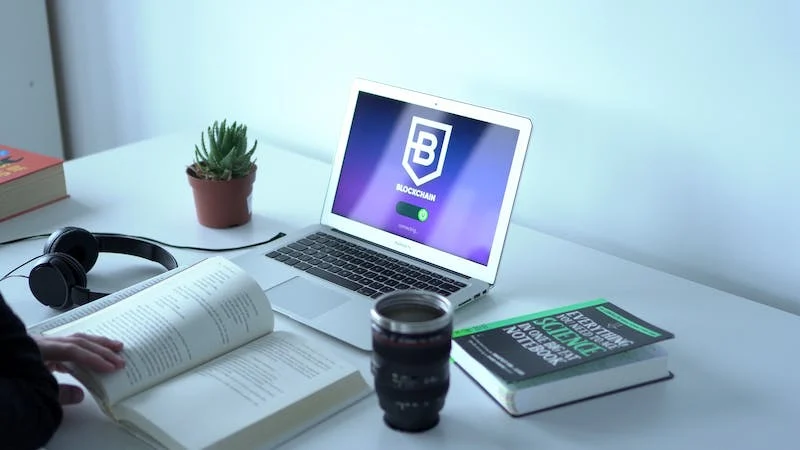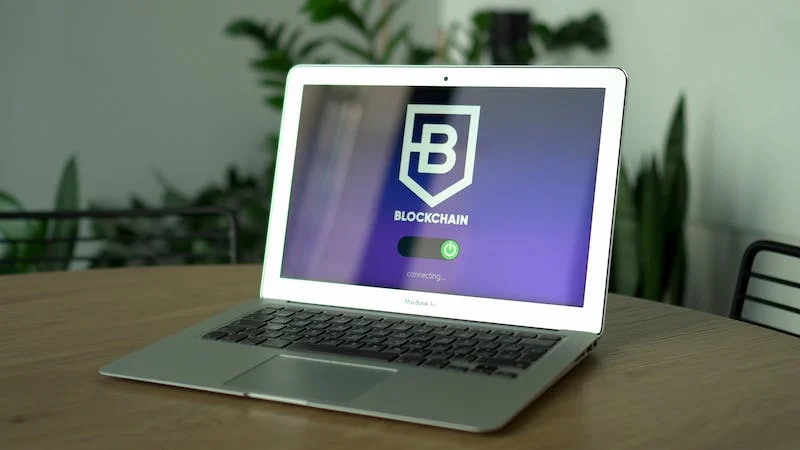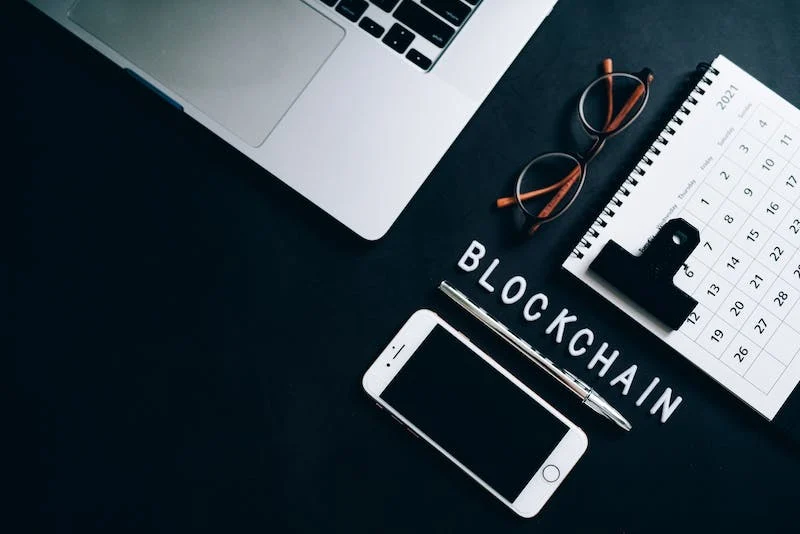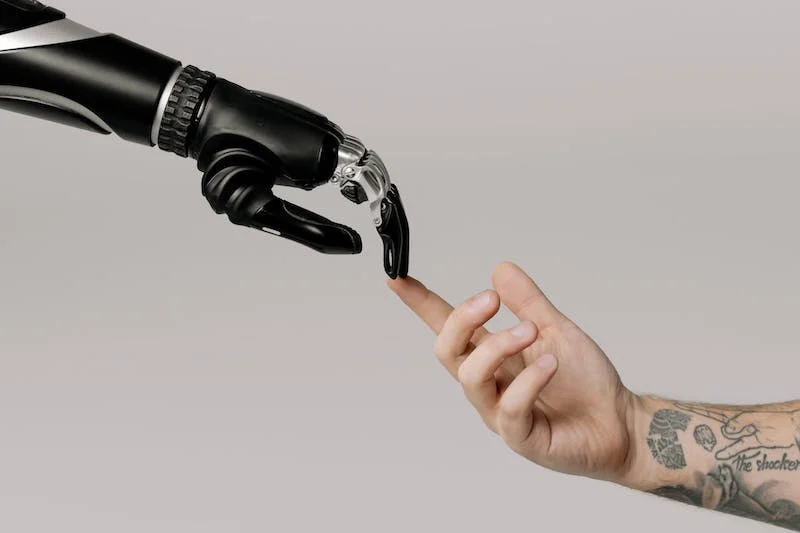Contents
Application of blockchain technology to the medical industry
Blockchain technology has the potential to transform the medical industry in various ways by enhancing data security, interoperability, transparency, and efficiency. Here are some of the key applications of blockchain in healthcare:
- Electronic Health Records (EHRs): Blockchain technology can secure and streamline the management of electronic health records. Patients can have control over their own data, granting access only to authorized healthcare providers when needed. This can improve data accuracy and reduce the risk of data breaches.
- Interoperability: Blockchain can facilitate interoperability among different healthcare systems. Health data stored on a blockchain can be accessed securely by various stakeholders, such as hospitals, clinics, pharmacies, and patients, ensuring that the data is consistent and up to date.
- Clinical Trials and Research: Blockchain technologycan be used to securely and transparently manage data related to clinical trials, ensuring the integrity of the results. Researchers can track the entire lifecycle of data, from collection to analysis, with confidence in its authenticity.
- Drug Traceability: Blockchain technology can be employed to track the production and distribution of pharmaceuticals. This ensures the authenticity of medications and helps in preventing counterfeit drugs from entering the supply chain.
- Telemedicine and Telehealth: Blockchain technology can help in securing telemedicine interactions, maintaining patient privacy, and facilitating payment and data exchange between patients and providers.
- Supply Chain Management: Ensuring the authenticity and quality of medical supplies and devices is crucial. Blockchain can provide transparency and traceability throughout the supply chain, reducing the risk of counterfeit products and ensuring patient safety.
- Healthcare Payments: Blockchain can streamline healthcare payments by reducing intermediaries and ensuring transparency. Smart contracts can automate billing and insurance claims, reducing administrative costs.
- Consent Management: Patients can have more control over their data and consent for its use. Smart contracts can manage data access and consent, providing patients with granular control over who can access their health information.
- Data Security and Privacy: Blockchain’s cryptographic features make it extremely secure, reducing the risk of data breaches and unauthorized access to sensitive medical information.
- Public Health Surveillance: Blockchain can be used to securely and anonymously track the spread of diseases, ensuring data accuracy and privacy, which can be crucial during pandemics.
- Medical Credentials and Licensing: Blockchain can be used to securely store and verify the credentials of healthcare professionals, making it easier for institutions to verify the qualifications of medical personnel.
- Health Insurance: Blockchain can streamline the health insurance process by providing a secure and transparent ledger for insurance claims, reducing fraud, and improving the efficiency of claims processing.
While blockchain technology offers many potential benefits to the medical industry, there are also challenges, such as regulatory and interoperability issues, that need to be addressed. Adoption of blockchain in healthcare will require collaboration among stakeholders, standardization efforts, and robust security measures to protect patient data.
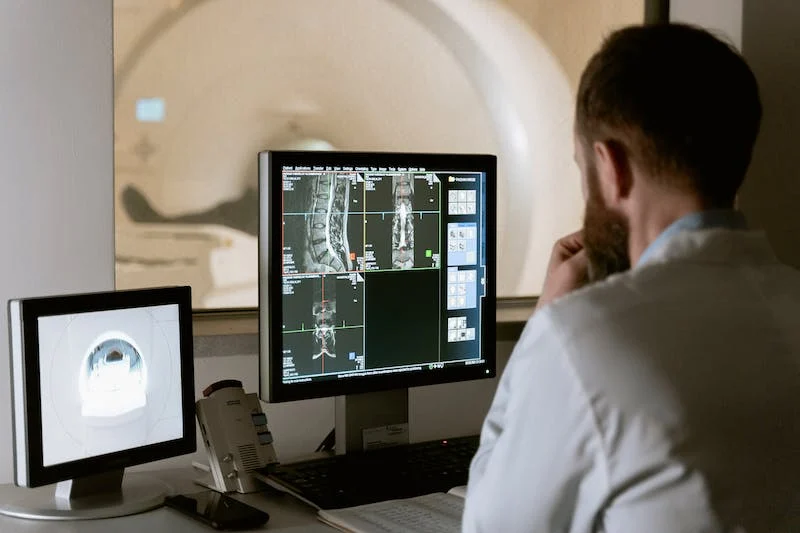
Blockchain technology , personal information and security issues
Blockchain technology can indeed play a significant role in addressing personal information and security issues, as it offers several features that enhance data protection and privacy. Here’s how blockchain can help resolve these issues:
- Data Encryption: Blockchain uses advanced cryptographic techniques to secure data. Information stored on the blockchain is encrypted and can only be accessed by individuals with the correct private keys. This ensures that personal information remains confidential and tamper-proof.
- Decentralization: Blockchain operates on a distributed ledger, meaning data is not stored in a single central location. This decentralization reduces the risk of a single point of failure and makes it extremely difficult for malicious actors to compromise the entire network. This contrasts with centralized systems where a breach of a single database can lead to the exposure of vast amounts of personal data.
- Immutability: Once data is recorded on the blockchain, it is extremely challenging to alter or delete. This immutability ensures the integrity of personal information and makes it resistant to unauthorized modifications.
- Self-sovereign Identity: Blockchain can enable self-sovereign identity, where individuals have full control over their personal data. Users can selectively share their information with trusted entities, maintaining privacy while providing necessary data for authentication or authorization purposes.
- Smart Contracts: Smart contracts on the blockchain can automate and enforce data access and consent. Individuals can define conditions under which their personal data is accessed or used, providing greater control and transparency.
- Private and Public Keys: Blockchain uses asymmetric cryptography, where private keys are kept secret by the individual, and public keys are used to verify and access data. This enhances security and privacy, as individuals can control who has access to their data.
- Consent Management: Blockchain can provide a transparent and auditable record of data access and consent. Users can easily track who has accessed their data and for what purpose, helping them maintain control and privacy.
- Data Minimization: Blockchain can encourage the practice of data minimization, where only the necessary data is stored, reducing the risk of exposing excessive personal information.
- Secure Identity Verification: Blockchain can improve identity verification processes by allowing individuals to prove their identity without revealing more information than necessary. This can be especially useful in online transactions and interactions.
- Zero-Knowledge Proofs: Zero-knowledge proofs allow individuals to prove the authenticity of their information without revealing the actual data. This technology can enhance privacy in various blockchain applications.
While blockchain technology offers strong security and privacy features, it is not without challenges. Scalability, regulatory compliance, and user-friendliness are some of the issues that need to be addressed to ensure the effective resolution of personal information and security concerns. Additionally, individuals and organizations must still take steps to protect private keys and follow best practices for blockchain security to fully realize these benefits.
